Is the API 602 Forged Steel Gate Valve the Ideal Choice for High-Pressure Applications?
When it comes to selecting valves for high-pressure applications, engineers and industry professionals understand the critical importance of reliability, durability, and performance. One valve that often comes into consideration is the API 602 Forged Steel Gate Valve. Designed to withstand demanding conditions, this valve has gained a reputation for its ability to handle high-pressure environments effectively. In this article, we will explore the features, advantages, and considerations of the API 602 Forged Steel Gate Valve to determine if it truly is the ideal choice for high-pressure applications.
The API 602 standard, established by the American Petroleum Institute (API), sets the guidelines for designing and manufacturing small forged steel gate valves. These valves are widely used in industries such as oil and gas, petrochemicals, power generation, and refining, where high pressures and extreme conditions are commonplace. The API 602 Forged Steel Gate Valve is specifically engineered to meet the stringent requirements of these industries.
One of the primary advantages of the API 602 Forged Steel Gate Valve is its robust construction. These valves are manufactured using forged steel, which offers superior strength and durability compared to cast valves. The forging process ensures a dense grain structure, making the valve resistant to deformation and capable of handling high-pressure differentials without failure. This strength is essential when dealing with challenging conditions and prevents leakage or damage that could lead to costly downtime and potential safety hazards.
Furthermore, the API 602 Forged Steel Gate Valve is designed with a wedge-shaped gate that moves vertically to regulate the flow. This gate mechanism provides a tight seal, minimizing fluid loss and leakage. The gate is typically made of stainless steel or other alloys with excellent corrosion resistance, allowing the valve to withstand corrosive substances commonly found in high-pressure applications. Additionally, the gate valve design offers a straight-through flow path, reducing pressure drop and facilitating efficient fluid flow.
The Ultimate Guide to Slurry Pump Bearings
7 Essential Applications of Cylindrical Roller Bearings
Do you push or drag flux core wire?
What are the benefits of low pressure molding?
Exploring the Versatility of 4 Inch Sewer Check Valves
Where does a freeze plug go?
Exploring the Mechanics: The Mysteries of Cardan Cross
Another significant advantage of the API 602 Forged Steel Gate Valve is its ability to handle high temperatures. These valves are designed to withstand elevated temperatures without compromising their performance. With proper material selection and appropriate heat treatment, the valve can operate reliably even in extreme temperature environments, ensuring continuous operation and preventing any thermal damage.
When considering the API 602 Forged Steel Gate Valve for high-pressure applications, it is essential to note some considerations. Firstly, proper installation and maintenance are crucial to ensuring optimal performance and longevity. Regular inspections, lubrication, and monitoring of the valve are necessary to identify any potential issues and address them promptly.
Secondly, the API 602 Forged Steel Gate Valve may not be suitable for all high-pressure applications. Factors such as fluid type, operating conditions, and system requirements need to be carefully evaluated to determine if this valve is the ideal choice. Consulting with industry experts and valve manufacturers can provide valuable insights into selecting the most appropriate valve for a specific application.
In conclusion, the API 602 Forged Steel Gate Valve offers several advantages that make it a strong contender for high-pressure applications. Its robust construction, tight sealing capabilities, resistance to corrosion, and ability to handle high temperatures make it a reliable choice in demanding environments. However, it is crucial to consider specific application requirements and consult with experts to ensure the suitability of this valve. By doing so, engineers and industry professionals can make informed decisions and select the ideal valve for their high-pressure applications, minimizing risks and maximizing efficiency.
Which is Better for Ultimate Seal: O-Rings or Gaskets?
The Ultimate Guide to Ball Valve Actuators
What does a bucking unit do?
How do you tell if a lever valve is open or closed?
Revamp Your Plumbing: Which Down Pipe Reducer Size is Right for You?
What is rubber edge trim?
Which Submersible Sludge Pump offers the best value for money?
324
0
0
Related Articles
-
235
0
0
-
258
0
0
-
220
0
0
-
233
0
0
-
Step-by-step guide: Proper mounting of Tapered Thrust Bearing
Google Hot Topics: Step-by-step Guide: Proper Mounting of Tapered Thrust Bearing?
222
0
0
-
243
0
0
-
233
0
0
-
265
0
0

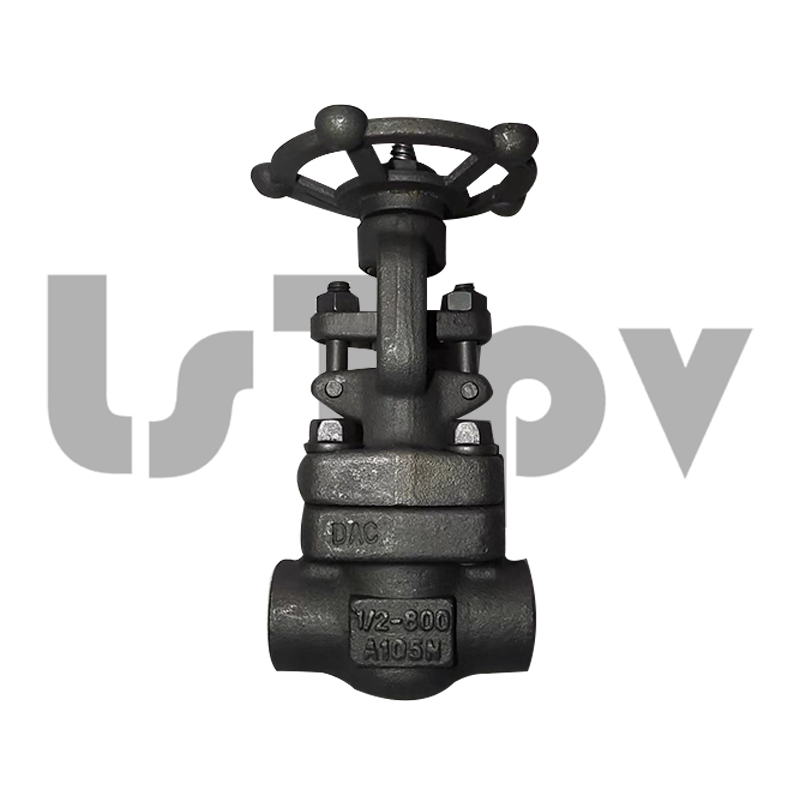
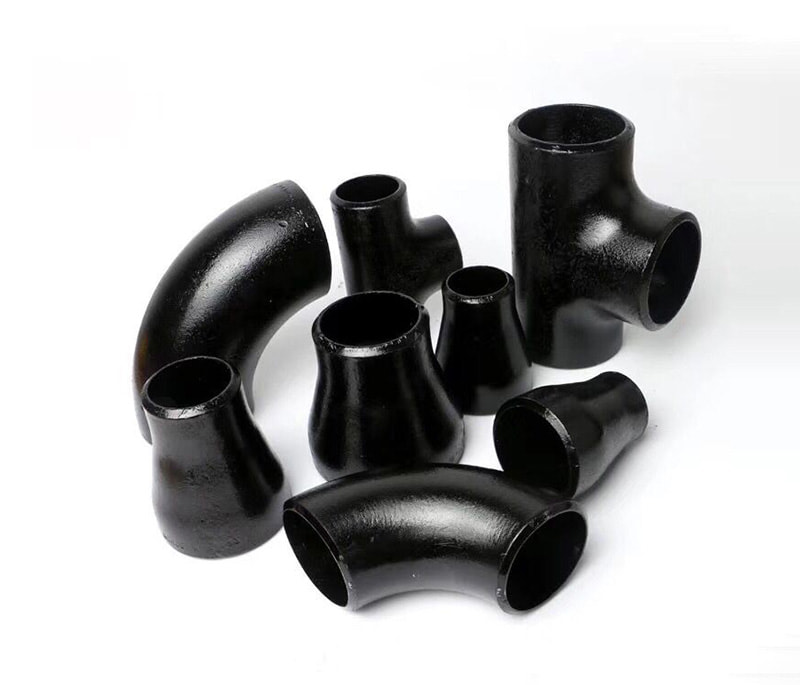


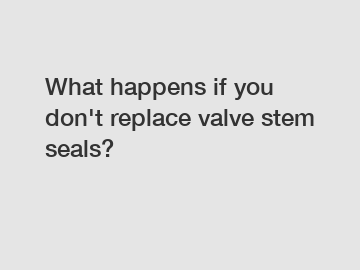
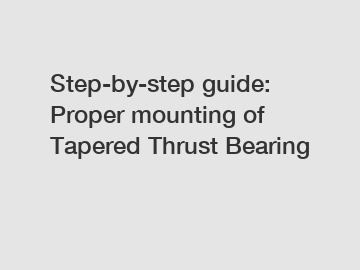
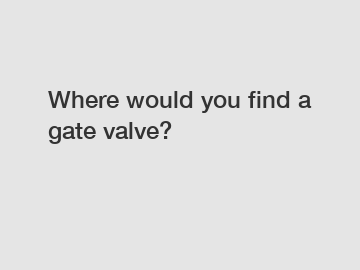
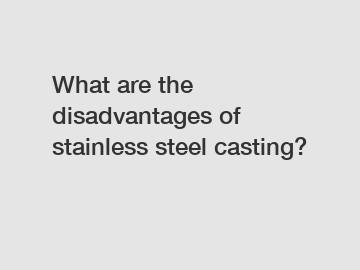

Comments
All Comments (0)